Has the West lost the Rest?
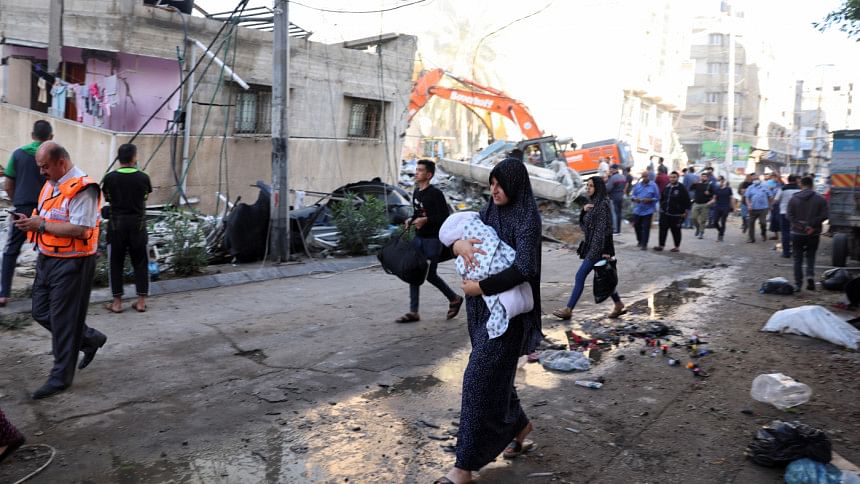
The images and news coming out of Gaza are so horrific that I cannot think of anything hopeful or constructive that can come of this cataclysm.
Using the Organisation for Economic Co-operation and Development (OECD) members as a crude proxy for the West, it accounts for 63 percent of world GDP, three-quarters of world trade, over half of the world's energy consumption, and 18 percent of the world's population. The Western world sees itself as a paragon of civilisational progress and modernity, whereas the Rest (the East and Global South) is much more diverse in terms of culture, ethnicity and civilisational identity.
Last year, the Russia-Ukraine war sharply divided world opinion. The Western world, led by the North Atlantic Treaty Organization (Nato), united behind Ukraine, with the March 2022 UN resolution on Ukraine passed by 141 countries, while five voted against, 35 abstained, and 12 did not vote. However, in terms of UN vote by population, 59 percent of the world's 7.9 billion people live in countries that did not support the resolution and only 41 percent live in countries that did.
The October 7 Gaza conflict drew stark lines of differences as well, with the UN General Assembly (UNGA) voting 120 in favour to 14 against, with 45 abstentions, on the Jordanian resolution for "Protection of civilians and upholding legal and humanitarian obligations." In this case, only 411 million people or 5.2 percent of the world's population, led by the US and Israel, voted against a resolution that asked for a humanitarian truce and reaffirmed that "a just and lasting solution to the Israeli-Palestinian conflict can only be achieved through peaceful means." Just under 95 percent of the world voted for a peaceful resolution of the conflict. Sounds democratic enough?
Since the Ukraine war, which has cut off objective reporting on what is really going on in terms of who is winning or losing, I discern a thought pattern that differentiates the contemporary West from the Rest.
The West rose because it pushed science and technology since the Industrial Revolution, what former Economist editor Bill Emmott called the balance between two ideals of "openness" and "equality." His thesis in his book The Fate of the West is that "we are in our current trouble because too many of us have lost that balance." Perhaps the balance has been lost because of the recent cancel culture, in which those who disagree with the "politically correct" views are excommunicated, ostracised or cancelled. We are losing the right to have open debate and the ability to disagree.
Debates today over Ukraine and Gaza are painted in highly emotive binary terms of good versus evil, in which events are judged immediately, without taking into consideration the context that gave rise to the event. This religious streak has created such a feeling of righteousness that anyone who gives an alternative interpretation is considered an enemy of good or a supporter of the devil.
Israel is so determined to go its own path that its former prime minister Ehud Barak admitted in an interview with the magazine Foreign Policy: "We know that within a week or two we will probably lose the support of public opinion in many parts of the free world, and within another two or three weeks we might lose support of many of the governments in the free world. I think that America will still be with us, but it will be more and more complicated for them to stay behind us."
The real geopolitical question is whether the US is willing to lose the opinion and support of the free world, perhaps the Rest, in its staunch support of Israel. It is one thing to have might and power, and another to lose moral leadership.
The Rest are now thinking for themselves because the West is no longer thinking for everyone. Once the moral standing is no longer in place, then the West is no better than any other barbarians at the gate—at best, just another barbarian claiming to be civilised, at worst, a West that seeks only to hold onto to its golden past of colonialism and mental superiority.
Andrew Sheng is a distinguished fellow of Asia Global Institute, University of Hong Kong, and chief adviser to the China Banking Regulatory Commission.
Views expressed in this article are the author's own.
Follow The Daily Star Opinion on Facebook for the latest opinions, commentaries and analyses by experts and professionals. To contribute your article or letter to The Daily Star Opinion, see our guidelines for submission.

 For all latest news, follow The Daily Star's Google News channel.
For all latest news, follow The Daily Star's Google News channel. 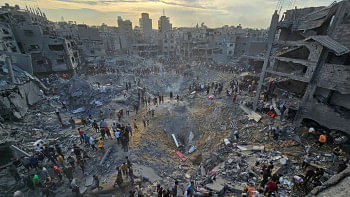

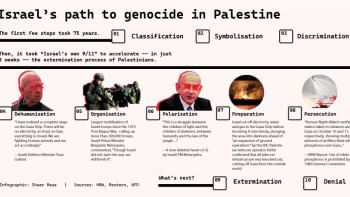


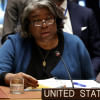


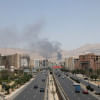



Comments